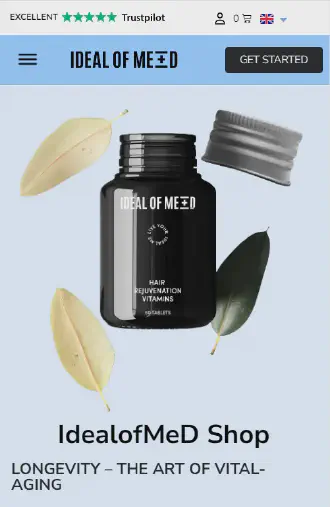Vitamina C Retard is a high-dose vitamin C food supplement, in slow-release coated tablets. Vitamin C contributes to the normal function of the immune system and to the protection of cells from oxidative stress. Vitamina C Retard is a high-dose vitamin C dietary supplement, in slow-release coated tablets. Vitamin C contributes to the immune system’s normal functioning and protects cells from oxidative stress. With the approaching winter, everyone hurries to find prevention remedies for colds, seasonal illnesses, or flu types. As a first choice, vitamin C is usually the most popular prevention “remedy”. But it would be reductive to just define it as a supplement able to fight these disorders. Vitamin C is a true “multitask force” which takes part in many metabolic processes, as well as playing an important role in strengthening the immune system. Vitamin C, also called ascorbic acid, is a water-soluble vitamin, just like vitamin B and folic acid. This means that it can be stored in the body only in limited quantities and must be ingested daily, during meals, so a continuous supply is necessary, since the human body is not able to synthesise it. Fresh vegetables and citrus fruits contain large quantities of Vitamin C. Among the foods that contain the most quantity, are: kiwis, which provide 93 milligrams of vitamin every 100 grams; the papaya (which guarantees 60 milligrams); oranges (with 59 milligrams!); strawberries (58 milligrams); lemons (53 milligrams); and pineapple (47.8 milligrams), just to mention a few famous representatives containing it. Unfortunately, with the modern era we must very often think about whether it is necessary to integrate vitamin C, especially in certain periods or situations of increased need. It is necessary to underline, that nowadays our diet is poor of “genuine” fresh fruit and vegetables: the food supply chain is long, so the foods reaching our tables often seem to be fresh, whilst they have actually been stored for days through special treatments. It is important to know that a large quantity of vitamin C is lost during the time passing between harvesting and consumption. Its conservation greatly reduces its content too, in fact the fresher and less cooked the foods, the greater the quantity of vitamin contained. It is an extremely short-lived vitamin, and being very soluble in water, it rapidly oxidises, in an aqueous solution, in the presence of metals, alkalies, light, oxygen, and obviously cooking in water
















